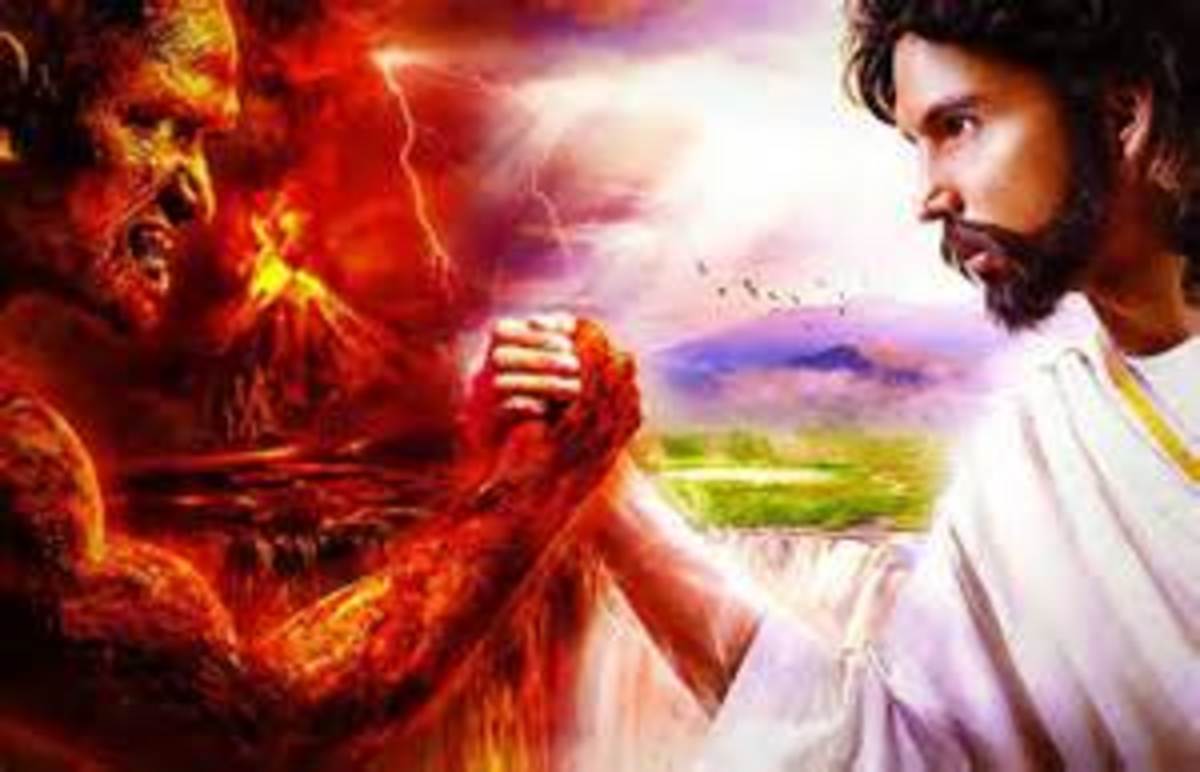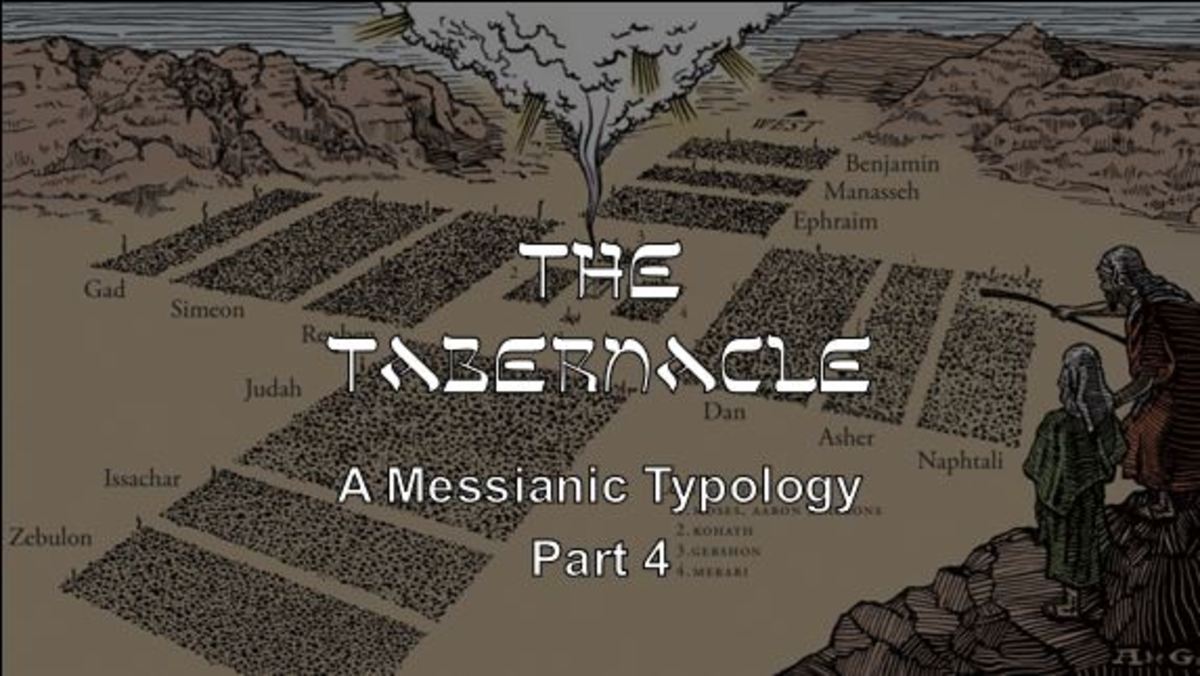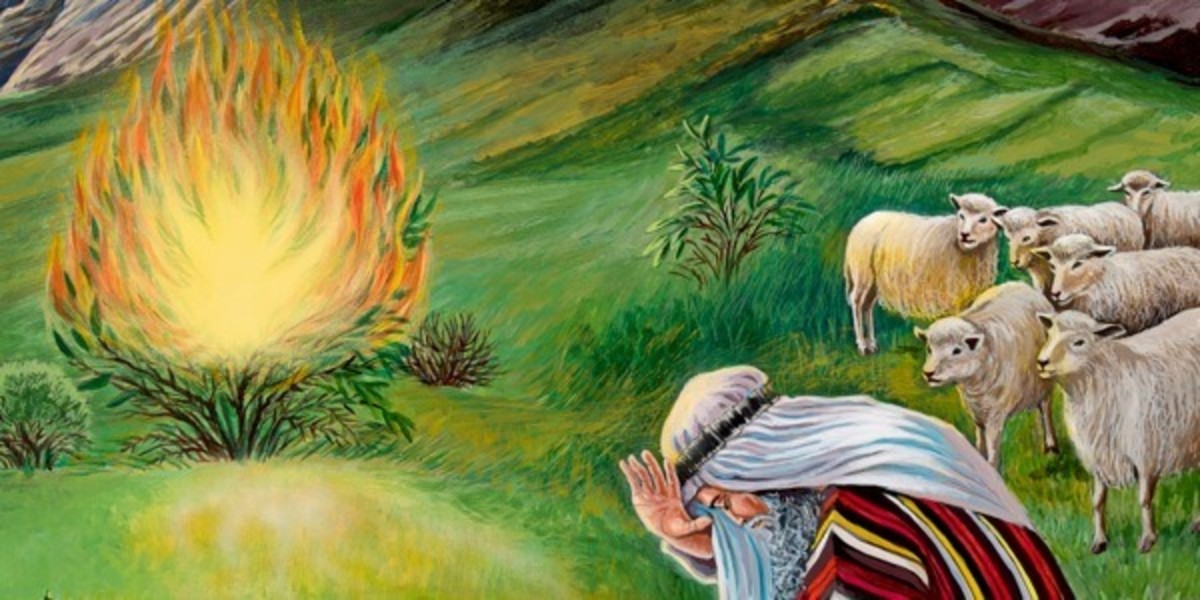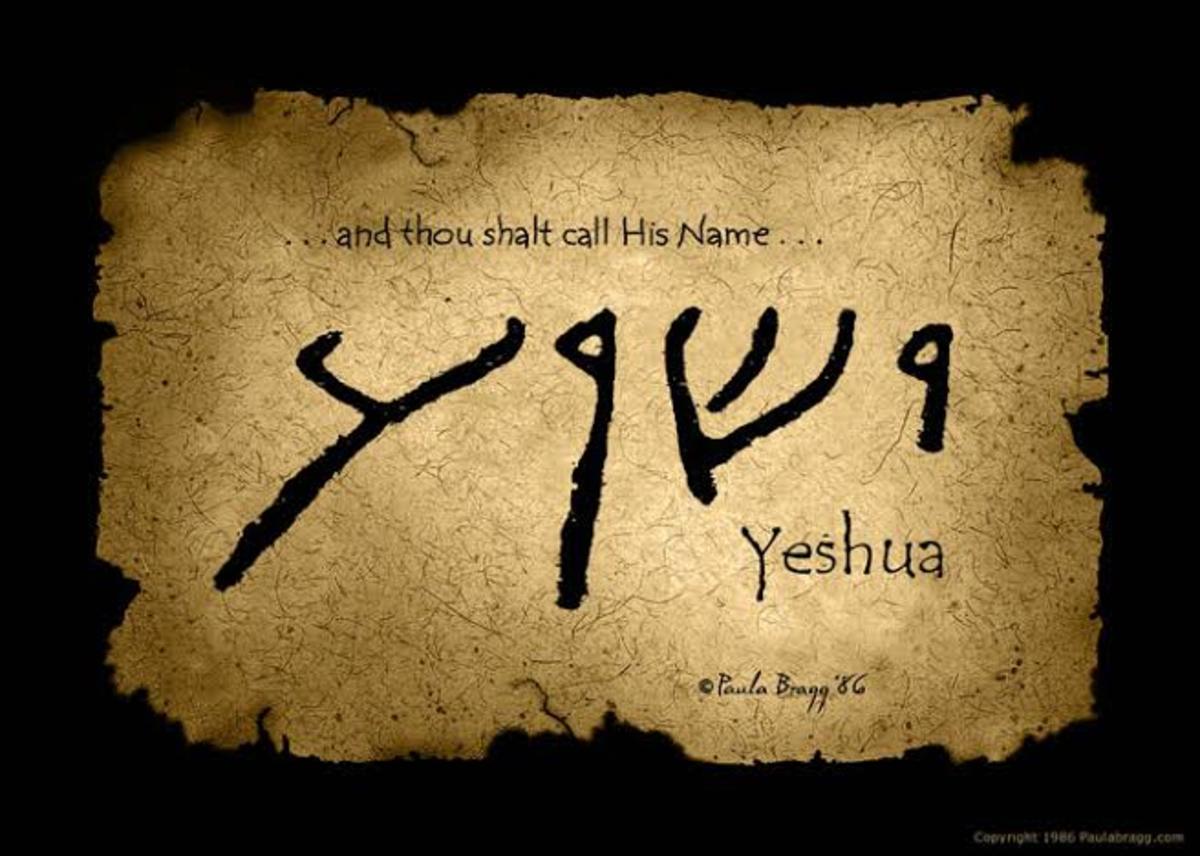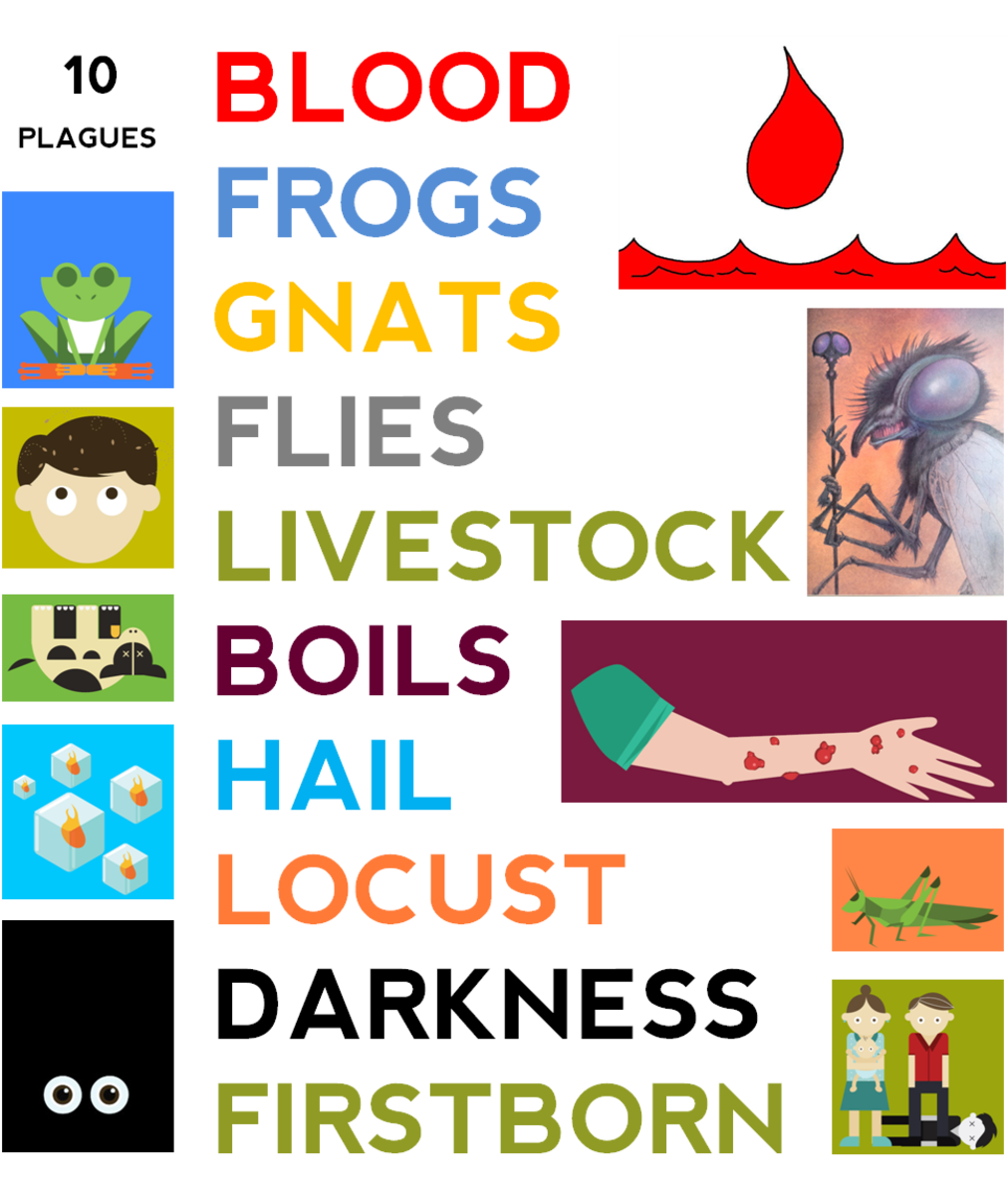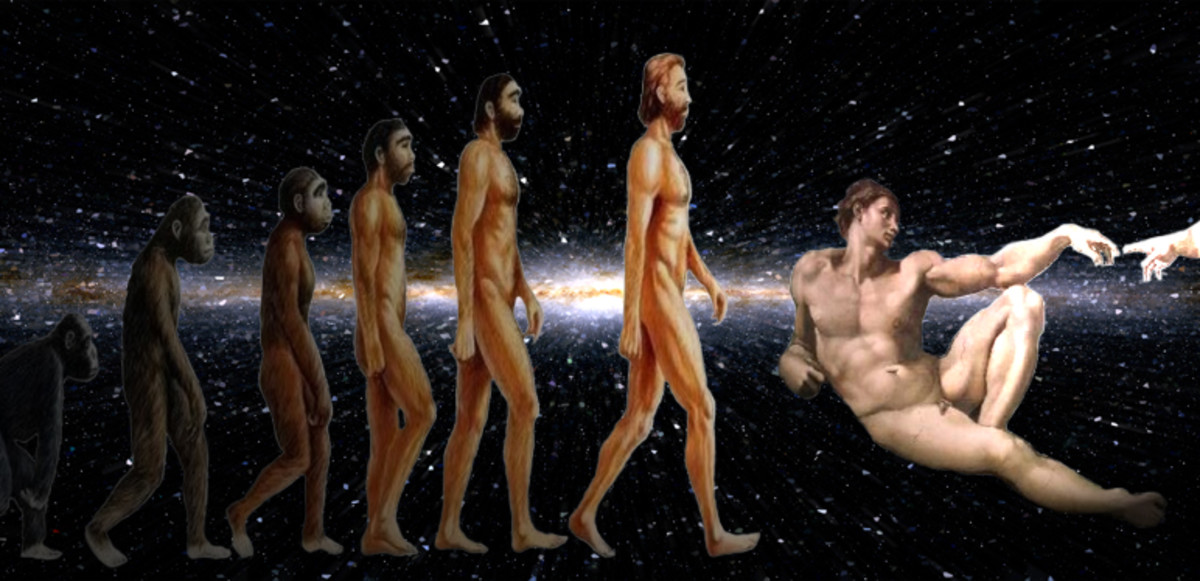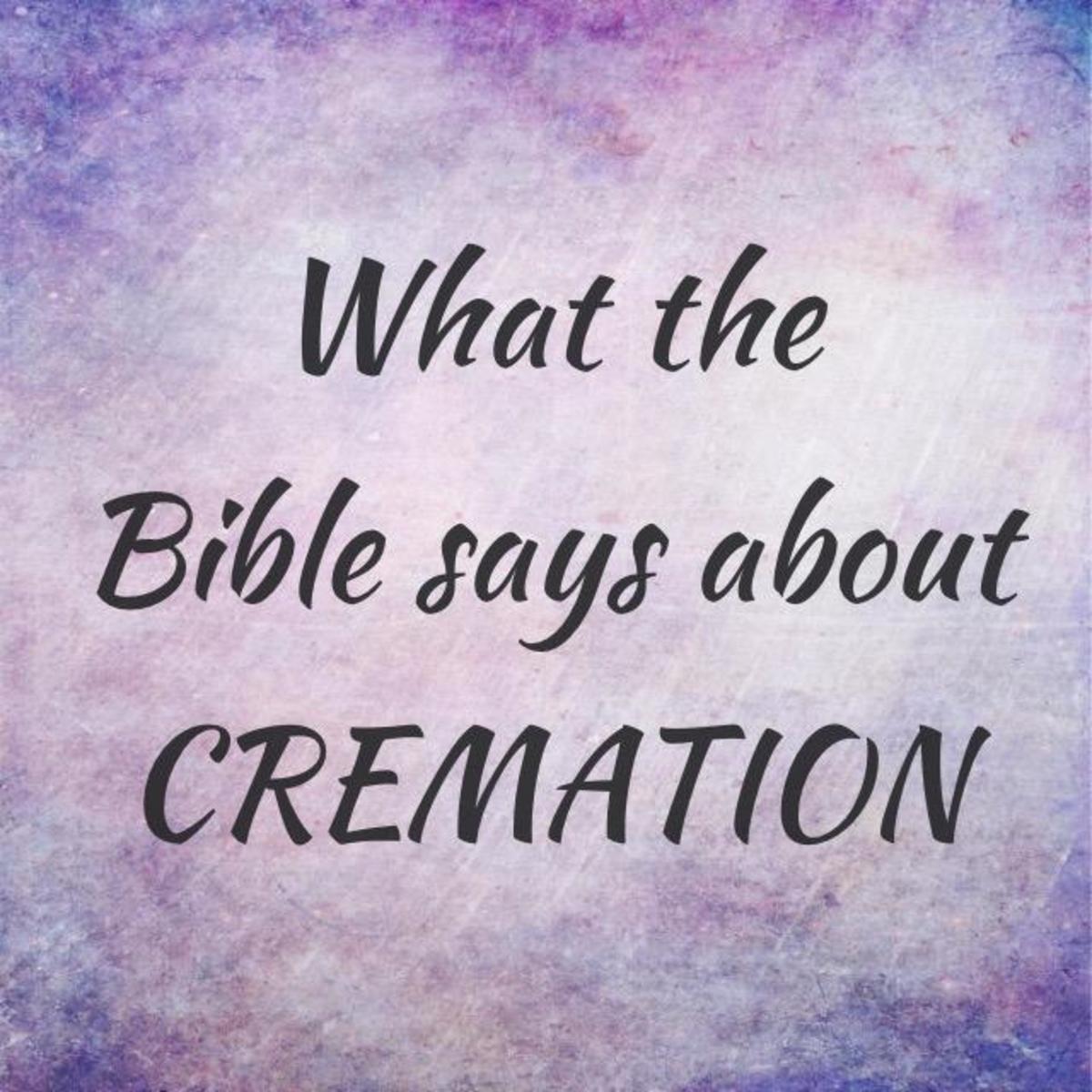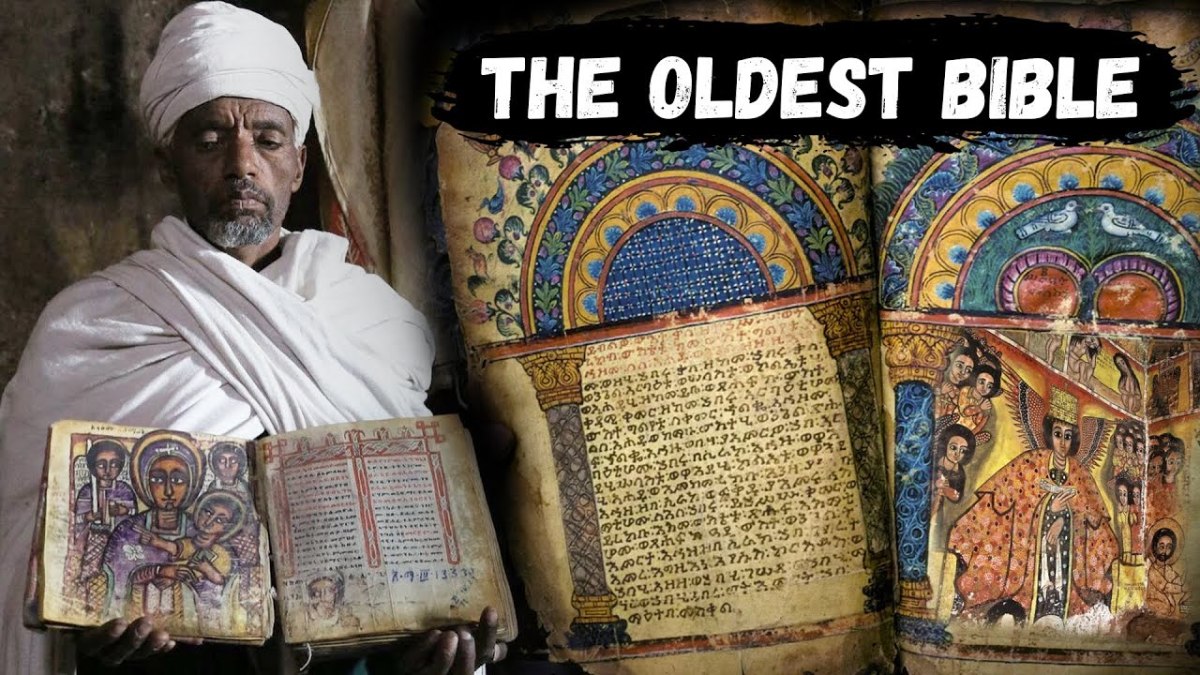Bible: What Does Exodus 13-14 Teach Us About Israel's Departure from Egypt and the Red Sea Crossing?
Unleavened Bread
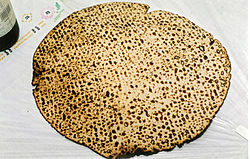
Yahweh’s next command concerns the consecration (that is, setting apart) of Israel’s first-born to God, both of men and beast (v. 1).
Before Moses records laws about first-born children, starting with Exodus 13:11, he first reiterates instruction about the Feast of Unleavened Bread (vv. 2-10), highlighting a few crucial elements about this Feast:
(1) Israel must not eat any leavened bread (or even have any leaven in sight) during the seven days (vv. 3, 7);
(2) Israel must eat unleavened bread for seven days (vv. 6, 7);
(3) Individual fathers must relay to their sons why they continue this practice (v. 8): the LORD brought Israel (and them) out of Egypt “with strength of hand/a strong hand” (vv. 3, 9); and
(4) Israel must keep this Feast every year in the month of Abib (vv. 4-5, 10).
Consecration
view quiz statisticsConsecration and Redemption
In the Land of promise, Israel must “consecrate” or “set apart” (lit., cause to pass over, v. 12) every first-born male animal (excepting the donkey) to God; the donkey they must either redeem or break its neck (vv. 11-13a).
[Why treat the donkey this way?]
Israel must also redeem first-born male human beings (v. 13b; cf. Ex. 34:20).
[Later, the LORD dedicated the Levites instead of the first-born; Aaron and his sons received the redemption price of five shekels for each of the two hundred seventy-three first-born Israelites (see Num. 3: 40-51)].
Moses relates that in the future sons will ask fathers, “Why do we consecrate first-born animals?” (v. 14).
What is the answer?
The LORD “sacrificed” the first-born of Egypt; therefore, we will sacrifice our first-born animals (vv. 15-16).
[Again, Moses emphasizes that God accomplished Israel’s salvation from Egypt “by strength of hand” (vv. 14, 16; cf. vv. 3, 9).
Two ideas need clarification:
(1) Why are donkeys not consecrated? Are they not appropriate animals to sacrifice?;
(2) Why should Israel want or need to emulate the LORD’s action of “dedicating” the first-born?]
To prevent Israel from returning to Egypt when they should see war in Philistia, the LORD leads them instead through the wilderness of the Red Sea in orderly fashion (vv. 17-18).
Heeding the oath Israel made to Joseph, Moses takes the patriarch’s bones with him on the journey (v. 19; cf. Gen. 50:24-25).
As they travel to Etham, the LORD provides His people with protection from the heat of the desert by day (the cloud) and from the cold by night (the fire) [vv. 20-22].
[The light from the fire also showed Israel where they were going (v. 21).]
The Red Sea
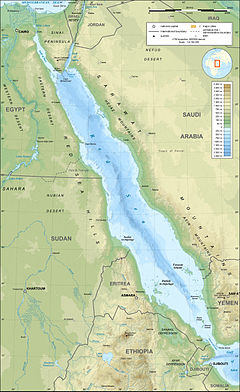
Exodus 14
Not only does Yahweh protect Israel from the elements, He also acts as General of the Army, saving His people from their pursuing enemies, Pharaoh’s hosts.
Seeking to “gain honor over” them, God plans to make the king of Egypt believe that Israel is lost, mesmerized by the wilderness, by commanding them to encamp at a specific locale by the Red Sea with no way of escape (vv. 1-4).
After the LORD hardens Pharaoh's heart once again (vv. 4a, 8), the king and his chariots pursue emboldened Israel until they find God’s people camping by the sea (vv. 5-9).
[At first reading, one may conjecture that six hundred choice chariots are too few with which to defeat Israel’s very large male army.
However, one then reads that Egypt also sent out “all the chariots of Egypt with captains over every one of them’’ (v. 7).
Verse ten indicates that Israel’s opponents also commissioned foot soldiers, for Moses writes, “. . . the Egyptians marched after them.”
Both contingents undoubtedly added up to a considerable number.In addition, though great in number, Israel no doubt had little in the way of weaponry].
Being “cornered” by Pharaoh’s forces, Israel now cries out to the LORD; certain rabble-rousers also complain against Moses’ leadership (vv. 11-12).
[It is somewhat difficult to believe that, after all that they have seen, some leaders (and ordinary Israelites) would still doubt God.
But such is the condition of fallen men, regenerate and unregenerate alike].
Disregarding these naysayers, Moses seeks to encourage Israel by proclaiming the LORD’s salvation—note: the people do nothing but stand still and “be quiet”—and Egypt’s demise (vv. 13-14).
The Form of the Angel of the LORD
view quiz statisticsThe Angel of the LORD
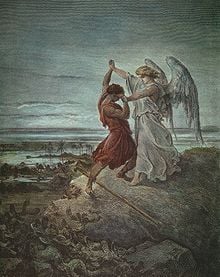
Israel Escapes
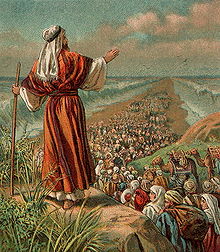
Verse fifteen discloses a fascinating insight.
Moses does not know how God will accomplish His salvation, for he apparently continues to cry out for the LORD to do something (v. 15a).
[Perhaps he thought that Yahweh would just strike the Egyptians dead.
Or perhaps God had told Moses what He wanted Israel to do, and Moses simply did not believe Him.
If the only way to go to the Land was through the sea, then Moses should have known what to do.
In either case, God appeared to expect Moses to have known His will or to have reasoned it out.
Otherwise, why does He tell him to stop crying out and to command Israel to go forward toward the sea?]
God does give Moses additional direction about his and Israel’s part in their salvation (v. 16), and about how He plans to “gain honor” over the Egyptians (vv. 17-18).
[Except for walking by faith through the midst of the dry sea bed, Israel really had no part in their salvation].
To protect Israel from the fast-approaching Egyptians, the Angel of the LORD (using the form of the pillar of cloud) moves from standing before His people to interposing Himself between them and the enemy (vv. 19-20a).
He (It) keeps Egypt in the dark, but gives light to Israel as they travel (v. 20b).
When Moses raises his staff, the LORD parts the Sea of Reeds, using a strong east wind all night long (v. 21).
Israel proceeds across the sea with the Egyptians in pursuit (vv. 22-23).
Interestingly, the LORD looks down upon the Egyptians “through the pillar of cloud and fire” as they chase Israel in the early morning.
He binds their chariot wheels, causing them to drive with difficulty; Israel's pursuers cry out in fear of the LORD (vv. 24-25).
Daylight finds Moses and all Israel safe on the other side of the sea (vv. 26, 29).
Again, the prophet stretches out his staff at Yahweh’s command, and the LORD causes the water to return to its full depth and drown the enemy in the midst of the sea (vv. 26-28).
What blessings result from this great miracle?
Yahweh saves Israel physically (v. 30) from the clutches of the Egyptians, now lying dead on the seashore.
He also saves His elect spiritually (v. 31), as they see the “hand with which the LORD worked,” and they believe Him and His servant Moses.
© 2013 glynch1

